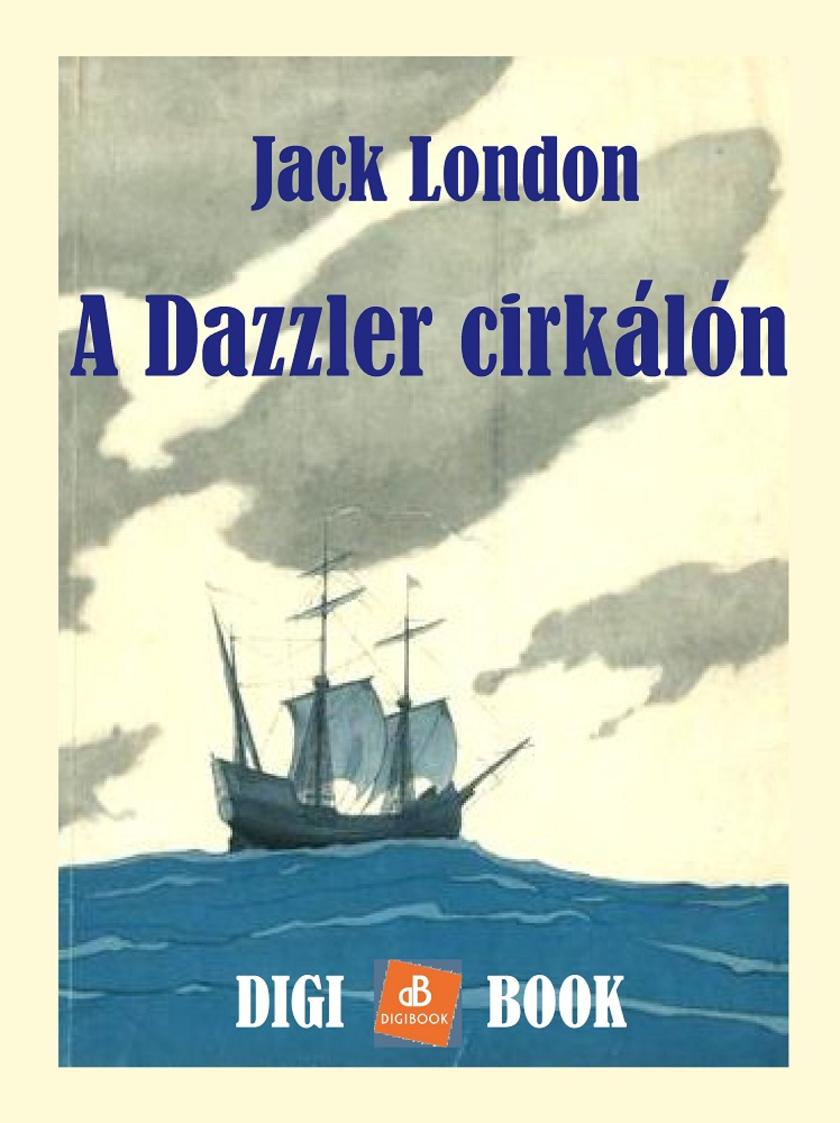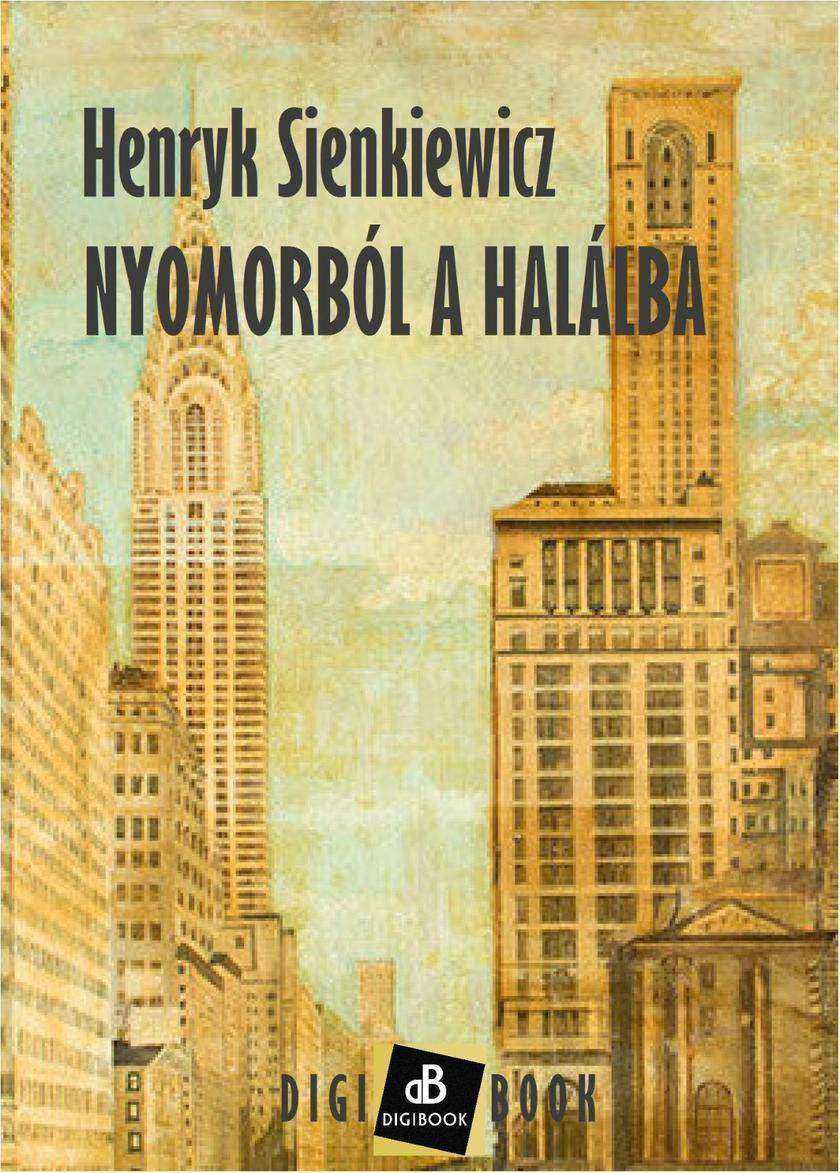
Júlia 520. (Szenvedélyek hálójában)
¥18.72
Júlia 520. (Szenvedélyek hálójában)

Júlia 517. (Hivatali valóságshow)
¥18.72
Júlia 517. (Hivatali valóságshow)

Kéz a kézben
¥77.50
Kéz a kézben

A megváltás útján
¥77.50
A megváltás útján

K?nyvesbolti szerelmek
¥58.29
K?nyvesbolti szerelmek

Júlia 513. (Szóljon a dzsessz!)
¥18.72
Júlia 513. (Szóljon a dzsessz!)

Romana 501. (A gyémántnél becsesebb)
¥18.72
Romana 501. (A gyémántnél becsesebb)

Nyer? ajánlat
¥20.52
Nyer? ajánlat

Az id? gyermekei
¥87.31
Az id? gyermekei

Júlia 522. (Kegyetlen szeret?)
¥18.72
Júlia 522. (Kegyetlen szeret?)

Hófehér hattyú, Puskaporos helyzet!, Boldog napok Balin
¥51.83
Hófehér hattyú, Puskaporos helyzet!, Boldog napok Balin

Júlia 515. (A sárkányszelídít?)
¥18.72
Júlia 515. (A sárkányszelídít?)

?rnyékn?vér
¥84.69
rnyéknvér

Emlékek b?rt?nében
¥81.75
Emlékek b?rt?nében

Halálos ?sz
¥81.75
Halálos ?sz

Don Juan
¥21.50
Don Juan

Minden út a kálváriára vezet
¥28.86
Minden út a kálváriára vezet

A s?tétség országa
¥26.08
A s?tétség országa

Gyerekek érzelmi intelligenciája
¥58.29
Gyerekek érzelmi intelligenciája

A Dazzler cirkálón
¥26.08
A Dazzler cirkálón

Nyomorból a halálba
¥17.25
Nyomorból a halálba




 购物车
购物车 个人中心
个人中心



